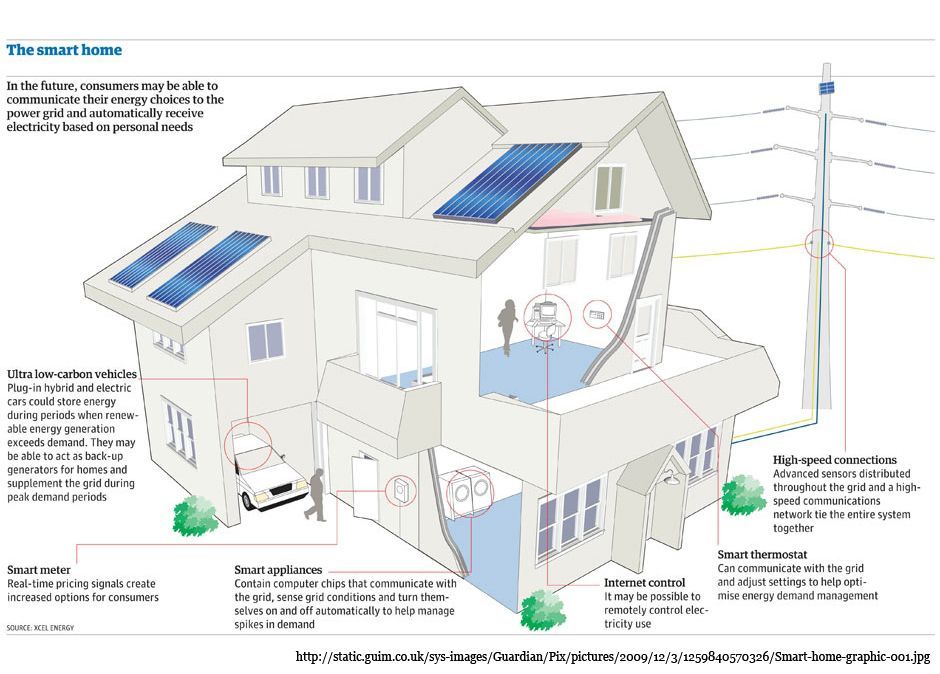First steps in Smart Grid deployment head towards adding remote control of Power and Gas Meters. The main revenues over the initial investments require a good policy for AMI market introduction.Smart Grid poses many challenges electricity providers have to face with. Real time processing of consumption data, on-demand response to offered load and cost-efficient usage of electric power are examples of necessary new capabilities. To achieve these goals, it is imperative to attain additional flexibility and fast-data acquisition in the electric network. AMI enables remote access in Power and Gas Meters, avoiding manual readings of customer equipment. Remote control is less costly and allows more readings (several in a day in comparison with once in a month currently). Energy suppliers receive reliable data consumption readouts avoiding coarse bill estimations and therefore customer complaints. AMI also helps to isolate outage points in home networks, as part of remote fail detection systems.

Communication between AMI equipment and the electric network is under study. The adoption of open standards seems a good approach to grant interoperability and security. Also, upgradeability is an advisable feature for AMIs. Bidirectional communication with users and on-demand response to user needs are examples of future applications in the Smart Grid which require AMI intervention. Currently, Gradiant is working in Smart Metering devices to perform real time measurements of electric load, with data feedback to customers through a friendly interface. These low-cost devices will help users to efficiently schedule consumption-peaks and to measure power quality and detect failures and leakages in the power network.


